The stock market is crashing: Here’s what financial experts say you should do with your 401(k) now
'Resist the urge to shift out of stocks entirely.'

Markets are in free fall in response to President Donald Trump's far-reaching tariffs, with all major U.S. indices in the red and expected to close in bear territory. After a long bull run, that can be scary for young investors who aren't accustomed to such turmoil. But experts say the best course of action for those with decades ahead of them until retirement is to take a breathe, change the channel from markets news, and leave their 401(k) alone.
The advice may seem simplistic in the face of such an unprecedented economic hit and upending of decades of globalization. And indeed, even those who have followed the markets closely for decades are a little shaken, with some of the wealthiest investors moving away from U.S. equities for safer shores abroad. Even seasoned investors have never seen anything like Trump's actions.
Still, the worst thing to do when the market roils is to act rashly, writes Christine Benz, director of personal finance and retirement planning for Morningstar, a financial markets research firm. With no one knowing what will happen next, decisions should be made very carefully.
401(k) investors, in particular, should absolutely avoid selling off investments at all costs. Though the market is scary, taking an early withdrawal from your 401(k) or IRA means penalties and potentially a tax hit as well. And losing the dollars in there now could have long-term repercussions on wealth accumulation.
"Resist the urge to shift out of stocks entirely," Benz writes. "Such a move could buy you some short-term relief, but it will soon be replaced by another nagging worry: Is it time to get back in?"
Think about it this way. Most gains are made in just a few days every year—if you exit stocks and try to time your way back in (which 100% of advisors will say to avoid doing), you are very likely to miss the rebound. That will hurt how much wealth you will be able to build in the longterm. In fact, 78% of the stock market's best days occur during a bear market or the first two months of a bull market, according to Hartford Funds, an investment management company. 20-, 30-, and even 40-somethings have plenty of time to ride out dips in the market.
"If you missed the market's 10 best days over the past 30 years, your returns would have been cut in half," Hartford Funds writes. "And missing the best 30 days would have reduced your returns by an astonishing 83%."
Take it from Vanguard, the king of the buy-and-hold strategy, which sent an email to clients yesterday encouraging them to "stay the course."
"During uncertain times, resist the urge to deviate from your financial plan," the email reads. "While we can't predict when the volatility will subside, history shows the markets will ultimately rebound."
And then, get comfortable with that uncertainty. Though it's impossible to predict what the market will do, many analysts and observers expect it to fall further still. Investors could be in for a prolonged pain period, particularly if Trump's trade war continues and the U.S. falls into a recession, as many analysts are now forecasting. And no one knows what the president will do next—which is fueling the uncertainty in the markets.
"While it is a tough pill to swallow, stock investors should buckle in for more volatility and the prospect of further declines beyond today," says Mark Hamrick, senior economic analyst at Bankrate.
Moves to make now
Once you're calm, experts say to take stock of your entire portfolio. If you were U.S.-heavy, now could be a good time to look abroad for opportunities in both international stocks and bonds. That doesn't mean selling your U.S. holdings, but focusing on broader diversification going forward.
A look at international markets shows why this is important: while U.S. stocks have struggled so far this year, international stocks have outperformed. Staying diversified across markets and sectors can soften the blow of market downturns. And it could become increasingly important in the short-term if U.S. growth takes a significant hit, as many analysts expect it to.
"There is no way to go back and change your portfolio in the past, you can only plan how to manage it in the future," says Stephen Kates, a certified financial planner and financial analyst at Bankrate. "Invested money should never be at risk of needing to be withdrawn in the short-term. Investors with ample time to stay invested should remember how lucrative patience has been over the last 15 years."
Additionally, now could be a good time for some investors to consider converting a traditional IRA to a Roth IRA, says Morningstar's Benz. Because you owe tax on the amount you convert, it's better to do so when the balance is lower. Of course, you may want to work with a professional to ensure it makes sense for your individual tax and financial situation. The benefit is the years and potentially decades of tax-free growth the Roth will now experience. Tax-loss harvesting is another option. This involves selling some losers to offset gains.
Some advisors have been highlighting buffer ETFs as one potential tool to reduce volatility while still allowing for growth. Buffer ETFs put a cap on potential gains, but also use options to limit how much an investor will lose. For example, if the market dips below 20%, investors will lose around 10% or 15% in their portfolio. Offered by the likes of BlackRock and AllianzIM, they've seen significant inflows in recent weeks, as investors and advisors look for some stability. That said, these funds typically have high fees which may not make sense for many investors.
Finally, if you are deeply worried about the consequences of the Trump administration's actions, the best thing to do is focus on what you can control: Your and your family's budget. Try to spend less if you can and save more to give you some peace of mind. Put that savings in a high-yield account, Treasuries, or a money-market fund. That way, it's there for you when you need it—and you won't have to make hasty decisions when it comes to the rest of your portfolio.
This could mean putting off large, nonessential purchases—or, conversely, speeding up purchases of things that may increase in price due to tariffs, like appliances, electronics, or vehicles.
"Keep in mind that the market has likely already factored in expectations around trade policy," Michael Cochran, CFP and chief investment officer of BentOak Capital. "Instead of making major changes to your portfolio based on policy announcements or deadlines, it’s typically wiser to stay diversified and focused on your long-term financial goals, especially during periods of uncertainty."
This story was originally featured on Fortune.com


![How to Find Low-Competition Keywords with Semrush [Super Easy]](https://static.semrush.com/blog/uploads/media/73/62/7362f16fb9e460b6d58ccc09b4a048b6/how-to-find-low-competition-keywords-sm.png)






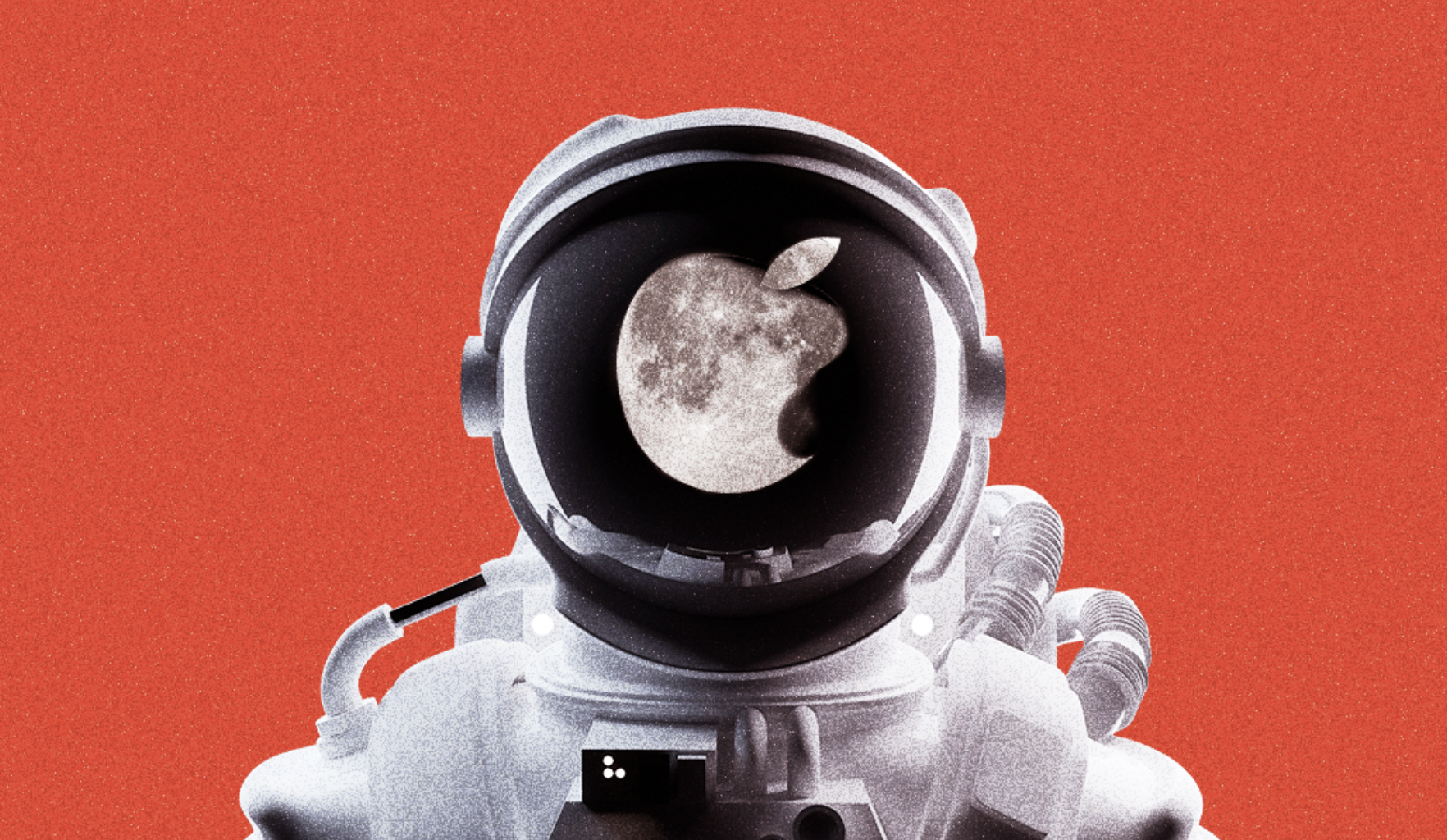

















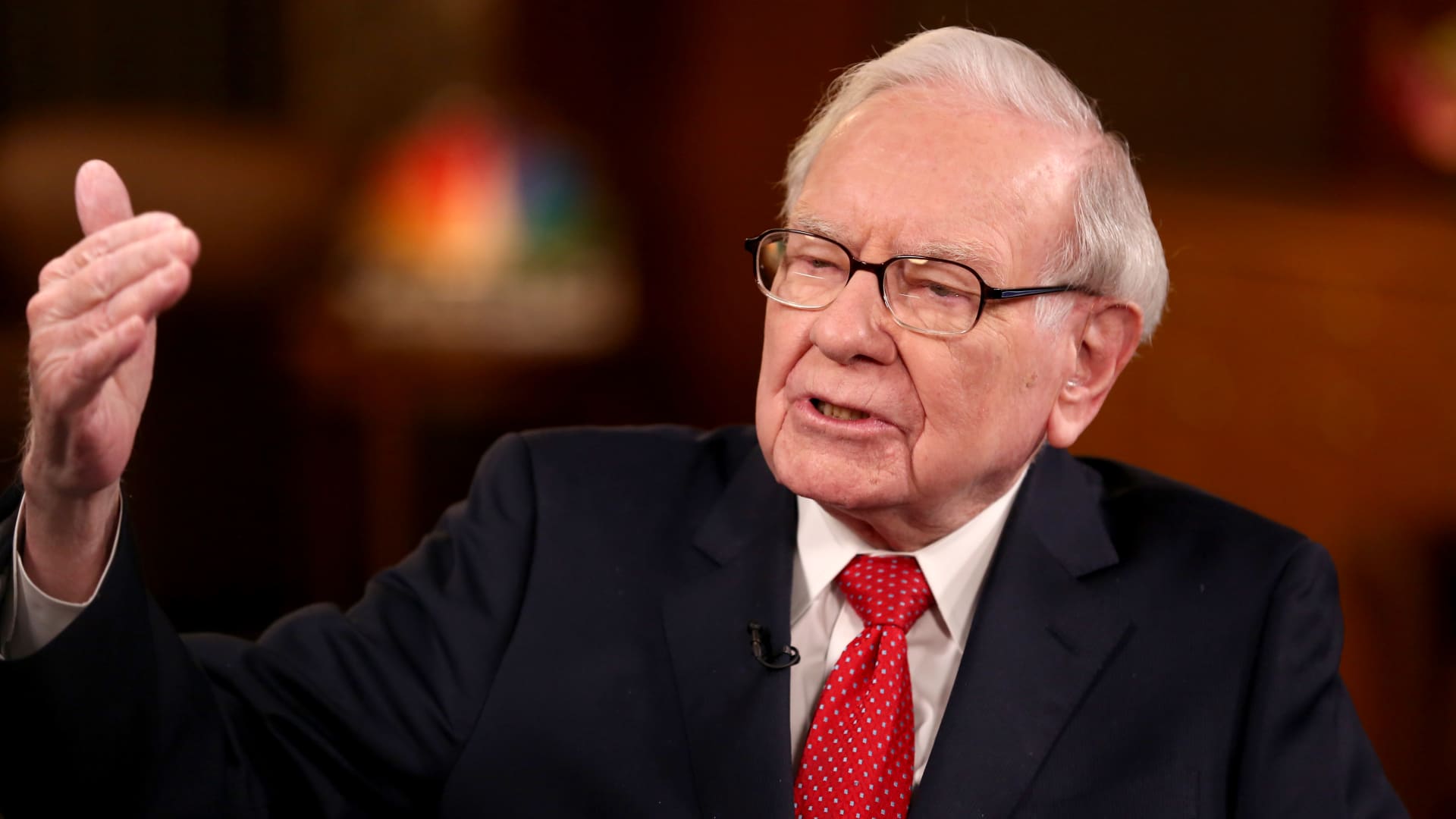



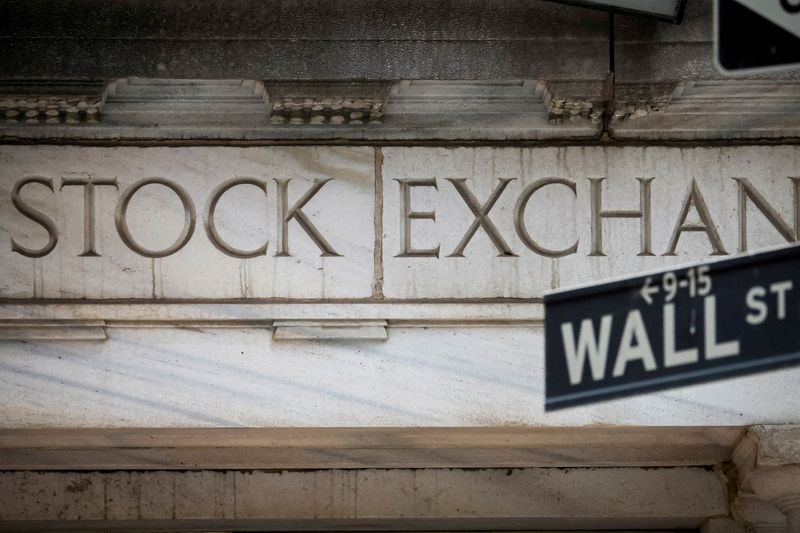
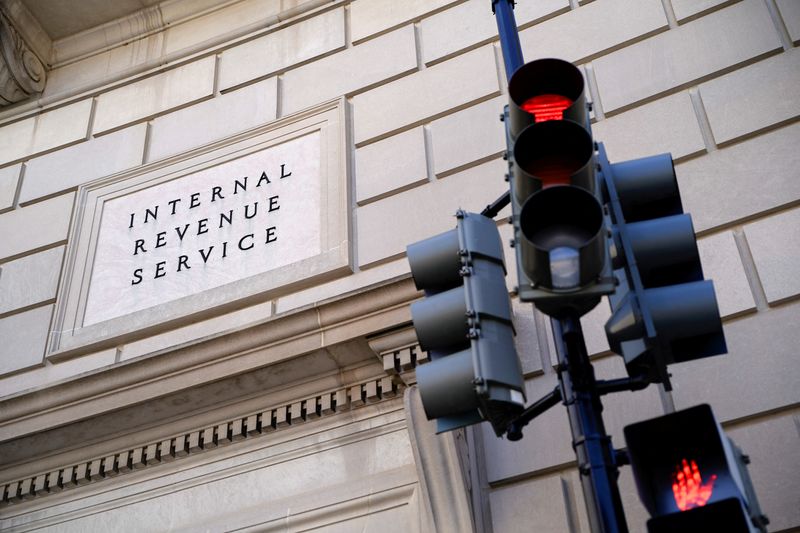
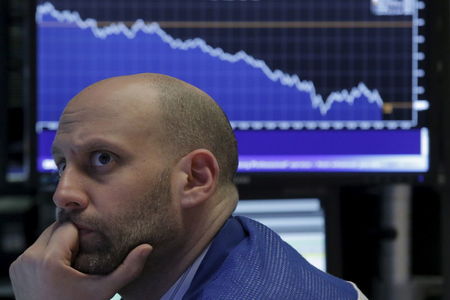









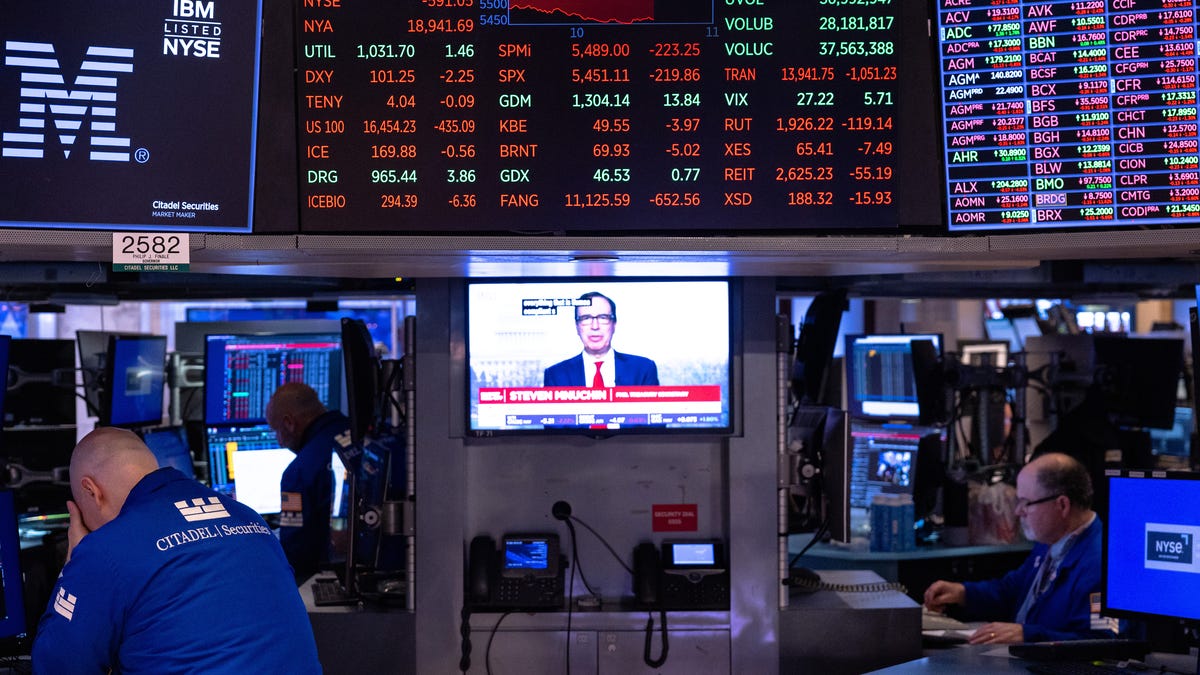












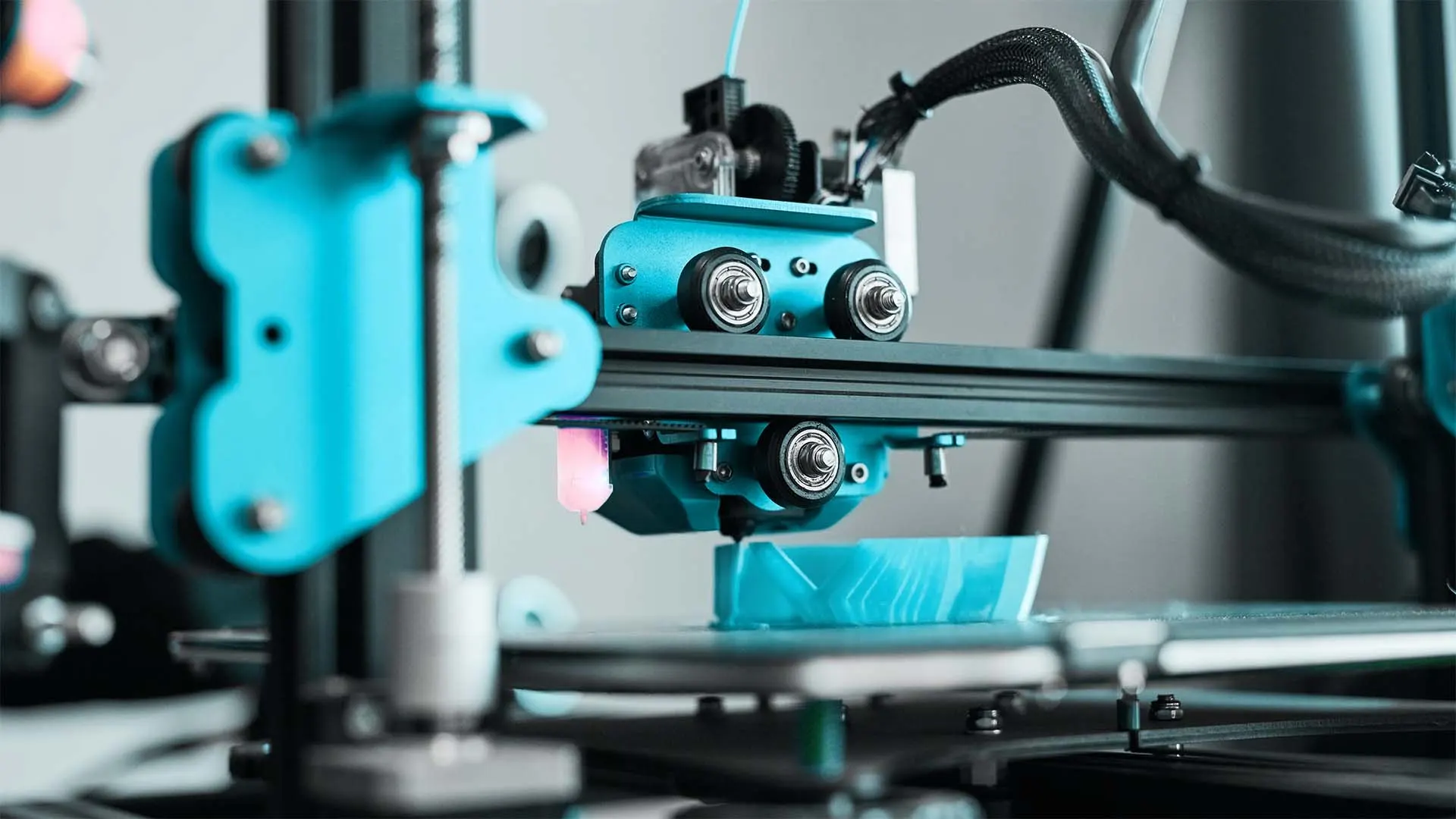

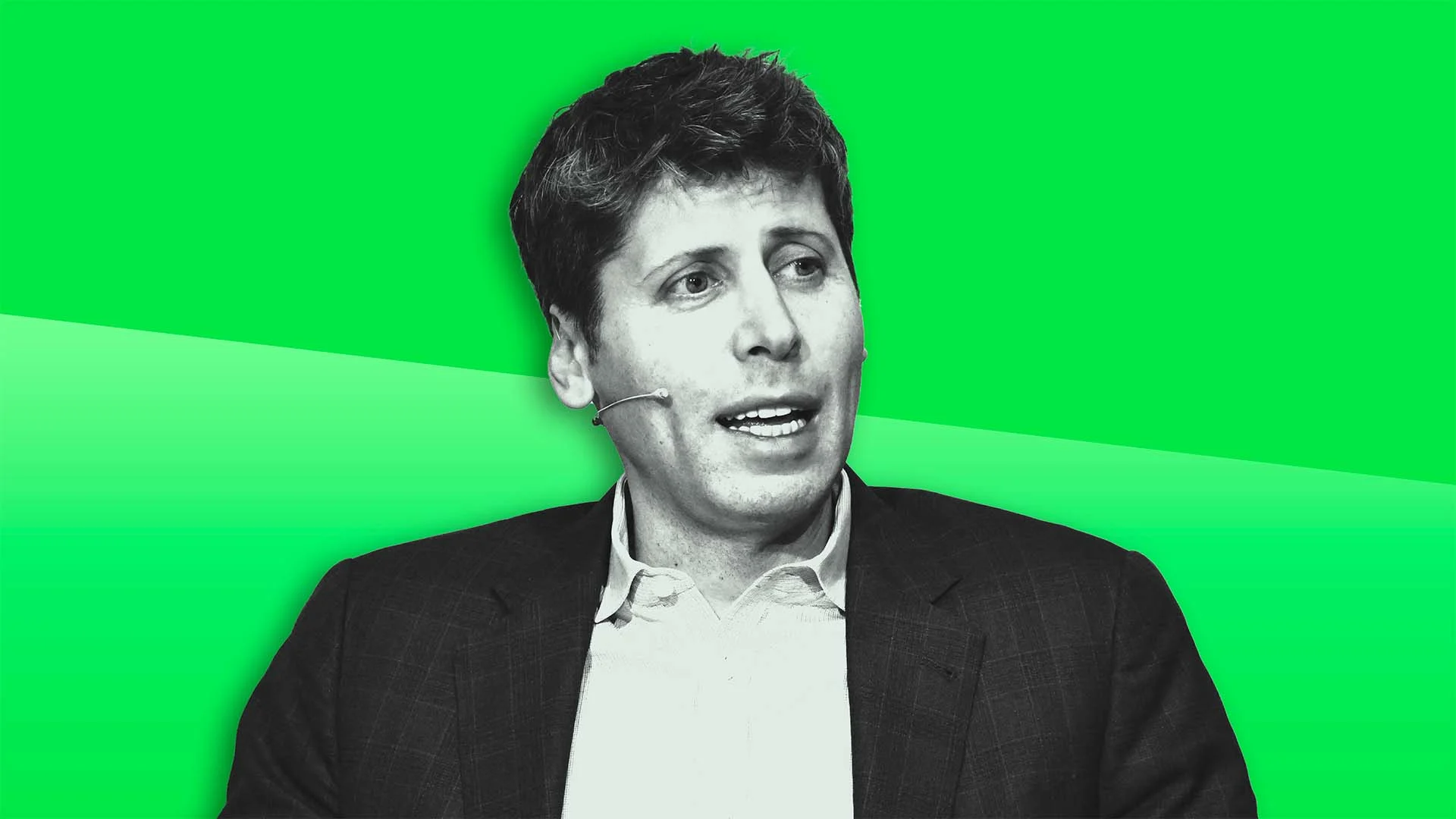
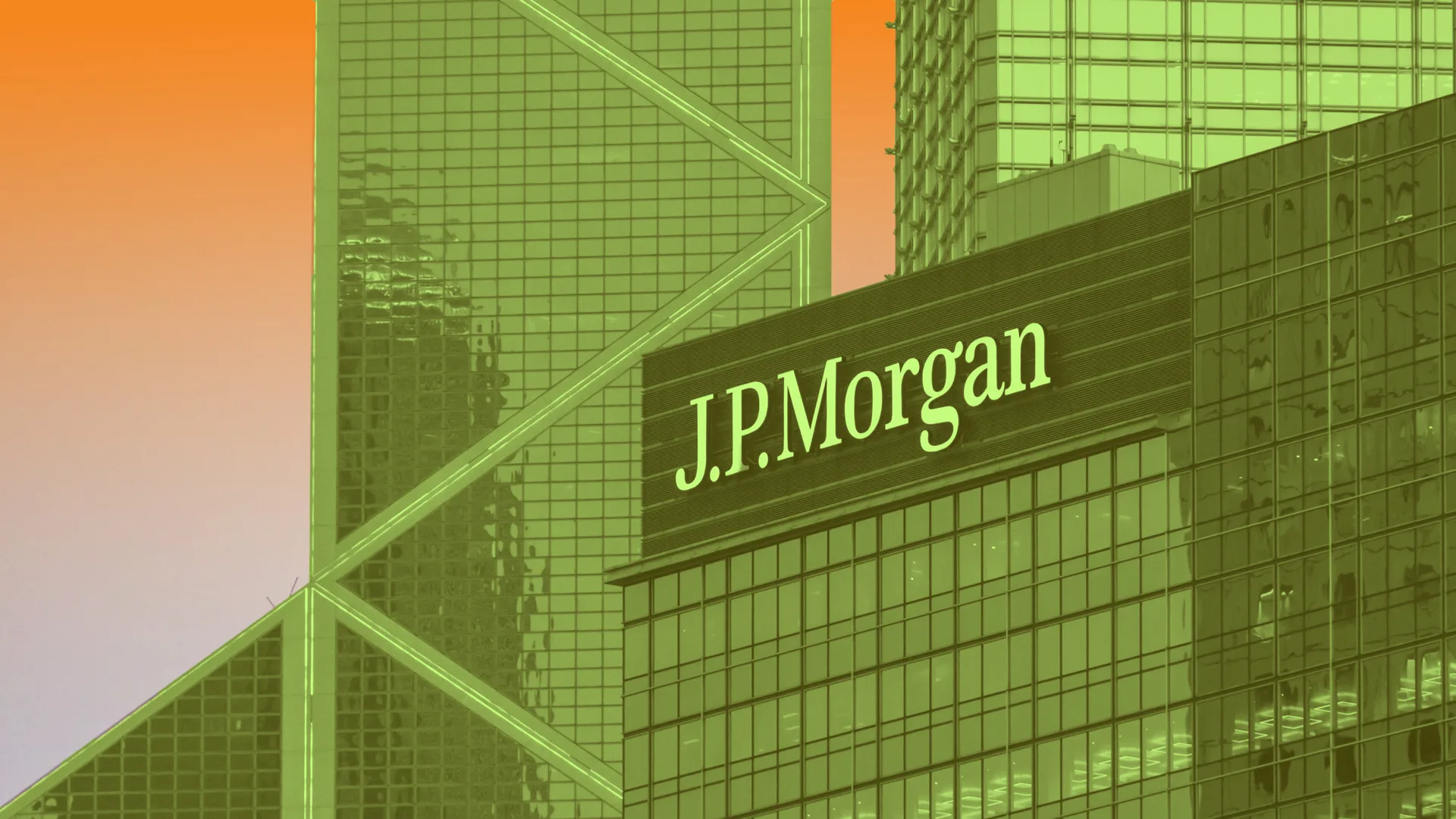















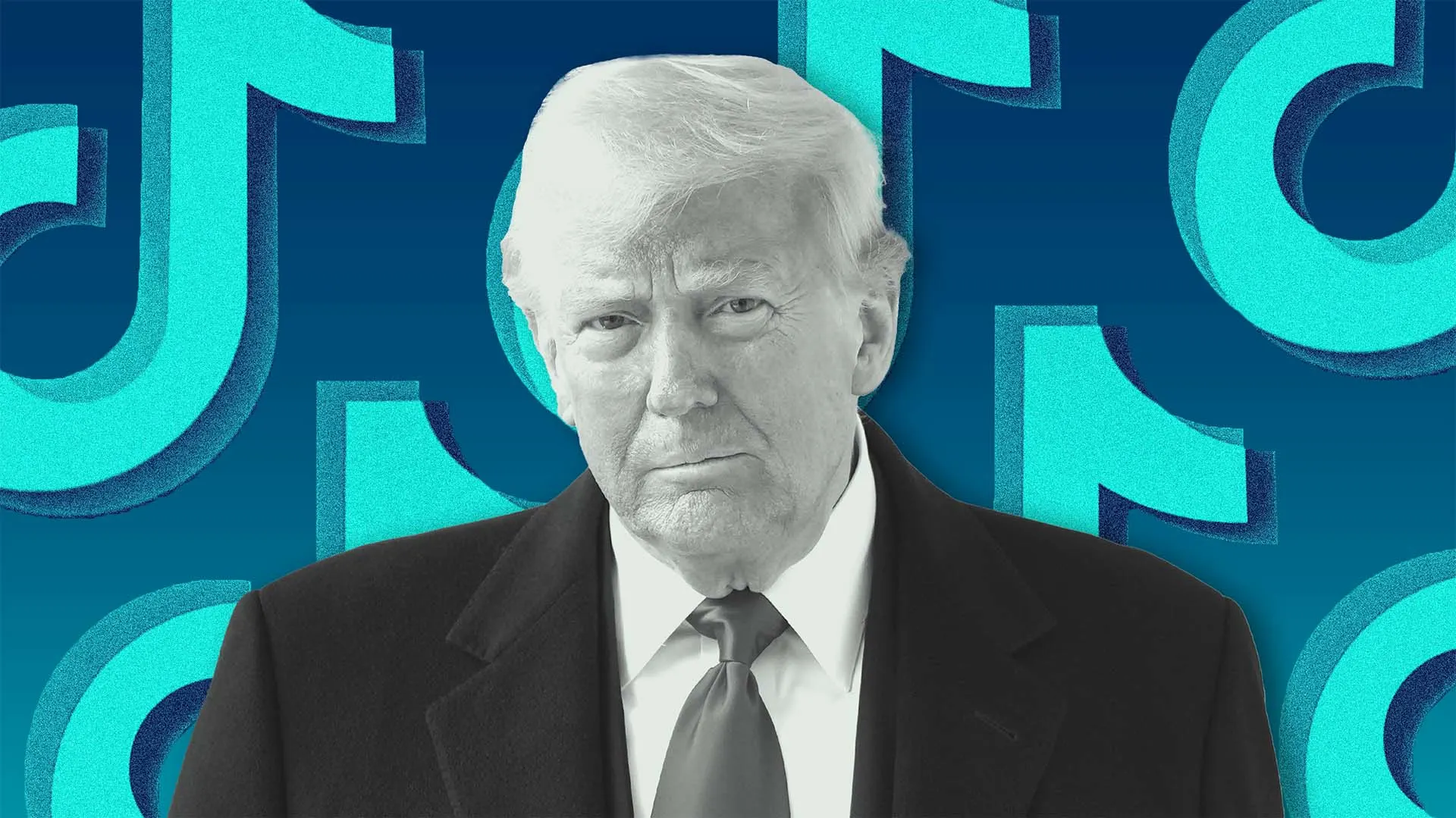



































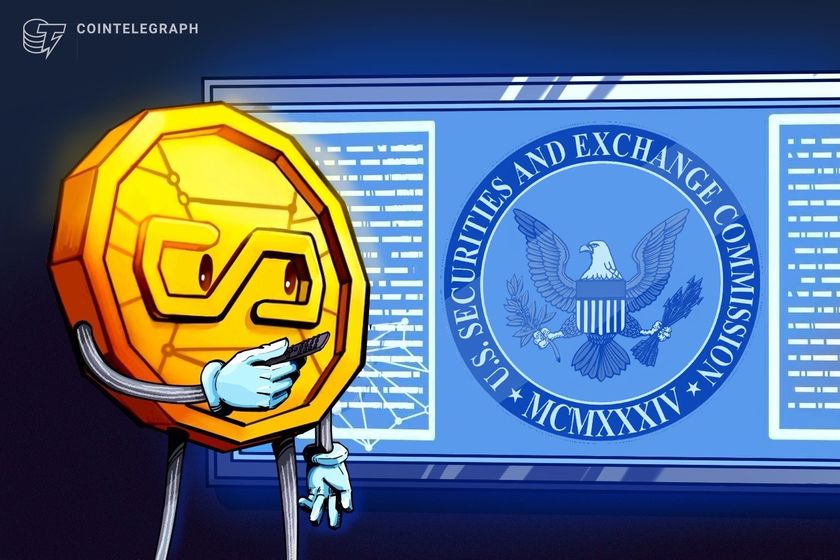






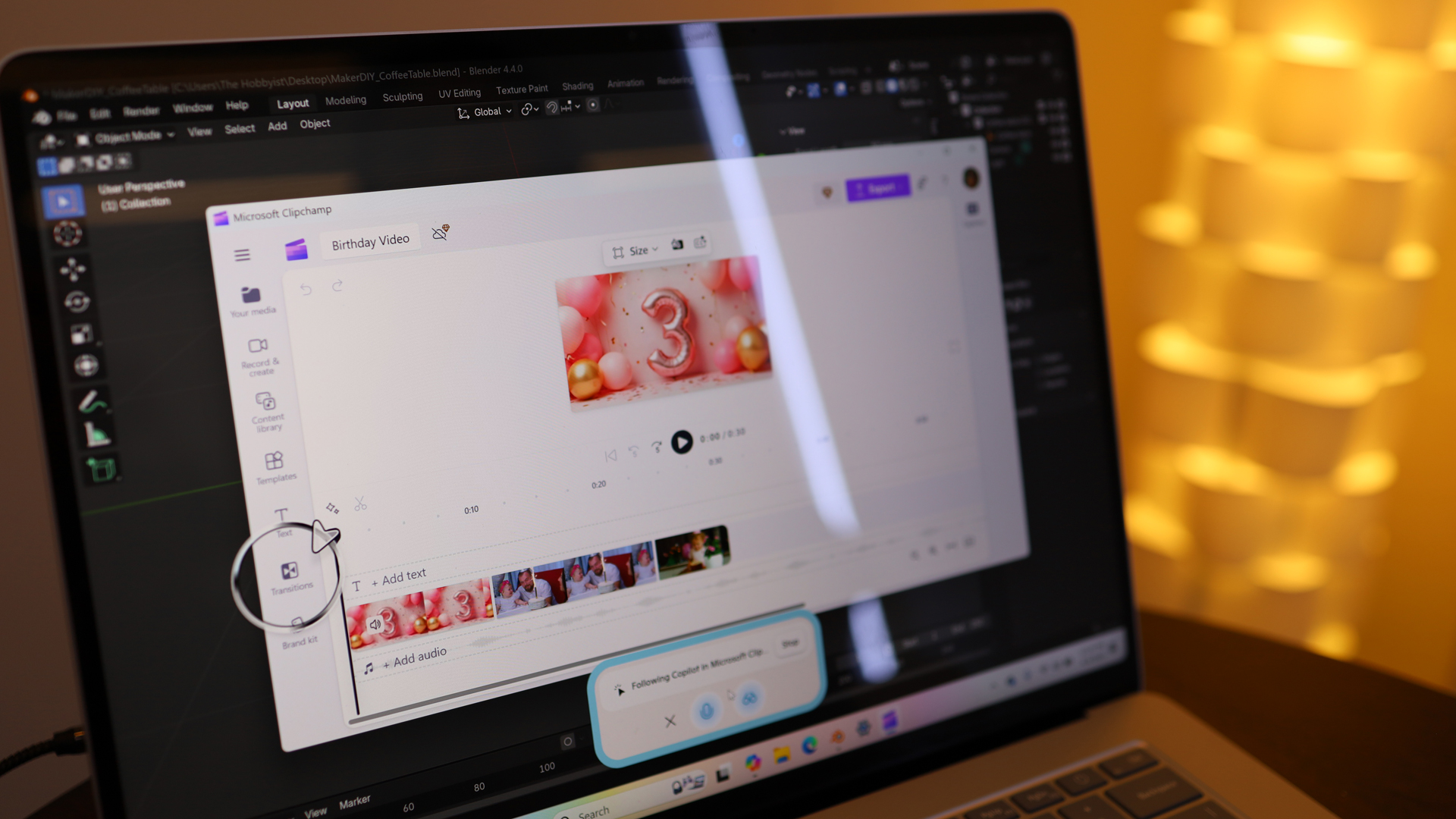




















































.jpg)
%20Abstract%20Background%20112024%20SOURCE%20Amazon.jpg)



















